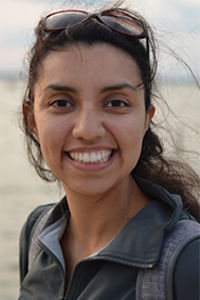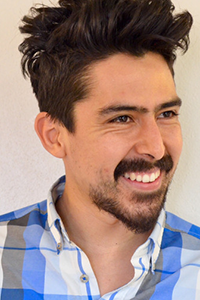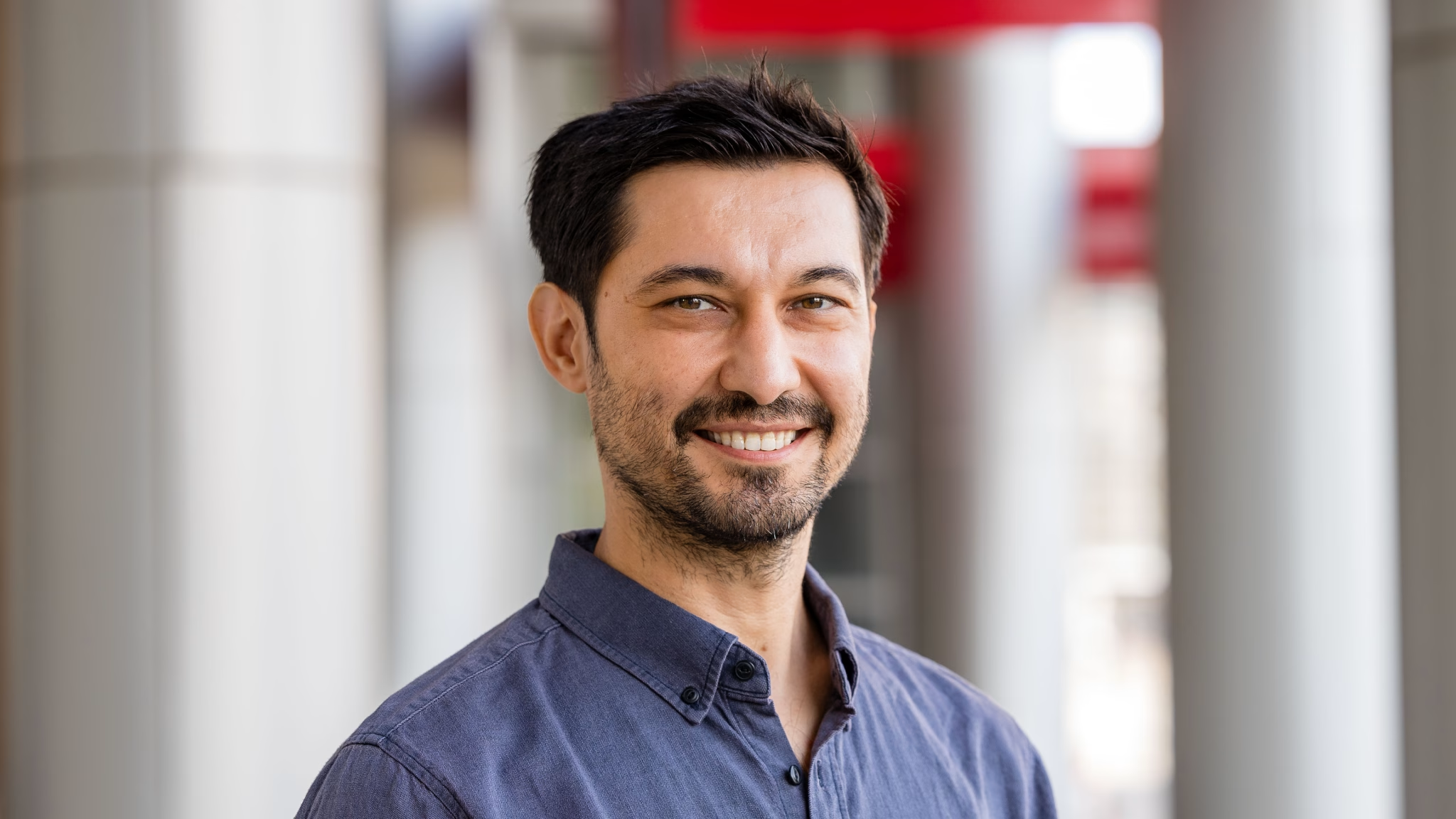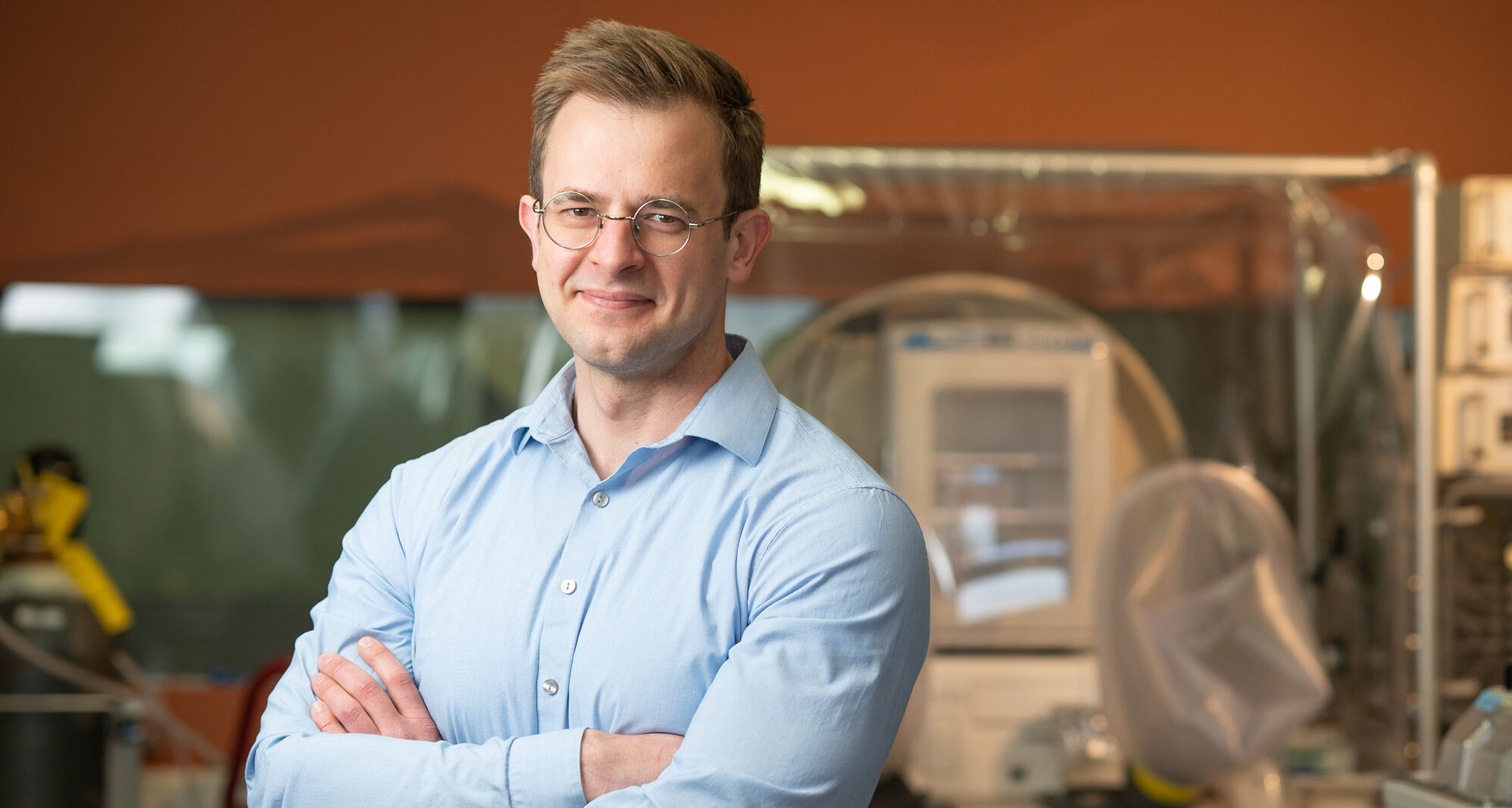New Faculty Bring New Possibilities to WID, UW
Two new assistant professors are joining the faculty at the Wisconsin Institute for Discovery (WID) this fall, furthering the institute’s expertise in data science and bioinformatics.
Claudia Solís-Lemus will join WID with an appointment in the Plant Pathology department within the College of Agricultural and Life Sciences at UW–Madison. Daniel Pimentel-Alarcón will join WID and the Department of Biostatistics and Medical Informatics. Both have deep UW–Madison roots and are returning to the WID community after completing portions of their training there.

Solís-Lemus earned her MA in Mathematics and PhD in Statistics before holding a postdoctoral position with professor Bret Larget, all at UW–Madison. She then held a second postdoctoral position with professor Michael Epstein at Emory University.
Her research is on statistical inference for phylogenetic networks, the evolutionary relationships among organisms. Her work studying the evolutionary history of species can assist conservation efforts and create a better understanding of the “tree of life”. Solís-Lemus is excited to return to UW–Madison and WID to reconnect with colleagues, meet new collaborators, and ask and answer new research questions. “As a statistician, I am always on the lookout for collaborations with domain scientists trying to answer interesting questions,” she says. “WID has a mix of people from two main groups: data scientists from math, statistics, and computer scientists; and domain scientists from biology, chemistry, and others. It is not common to find a place that excels in both areas.”
Pimentel-Alarcón earned his MA in Mathematics, MS in Electrical and Computer Engineering, and PhD in Electrical and Computer Engineering at UW-Madison before holding a postdoctoral training position at WID under the mentorship of Robert Nowak, Stephen Wright, Rebecca Willett, and Nigel Boston. He is returning to WID after an assistant professorship in the Department of Computer Science at Georgia State University.

His research focuses on robust machine learning methods to identify patterns in big and messy data. His work is grounded in critical applications related to ongoing interdisciplinary collaborations in precision medicine, biology, astro-informatics, computer vision, networks inference, and public health. He specifically examines robust machine learning of mixtures, and linear and nonlinear structures.
Both new faculty members contribute to WID’s interdisciplinary mission and create new potential for innovative approaches to the institute’s grand challenges. “Introducing great minds at the intersections of WID’s research strengths will accelerate discovery at WID,” says WID Director Jo Handelsman. “Claudia and Daniel’s expertise in statistics and machine learning at the interface with biology will unite WID research in new ways.”









